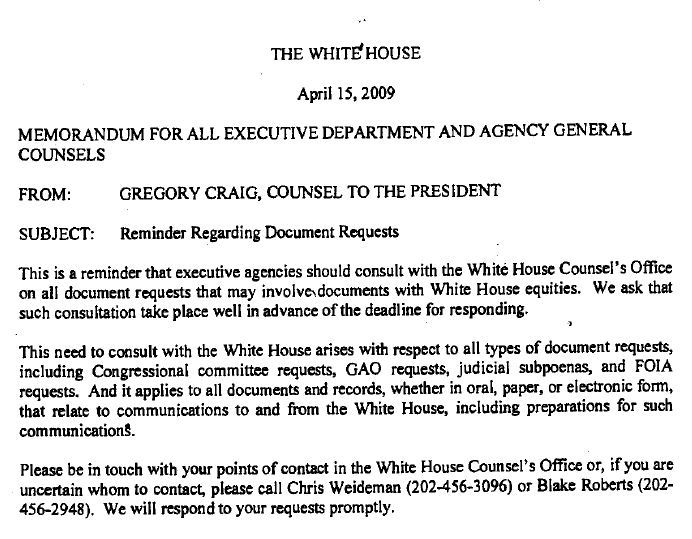The Consumer Product Safety Commission (“CPSC”) finalized a rule today implementing new Freedom of Information Act (“FOIA”) regulations. The agency incorporated important revisions proposed by Cause of Action Institute (“CoA Institute”) in a comment submitted to the agency in in January 2017.
CoA Institute urged the CPSC to remove outdated “organized and operated” language from its definition of a “representative of the news media.” Such language has been used in the past to deny news media requester status to government watchdog organizations like CoA Institute. For example, CoA Institute took the Federal Trade Commission to the D.C. Circuit just to get the agency to acknowledge that its FOIA fee regulations were outdated and that it was improperly denying CoA Institute a fee reduction.
In deciding that case, the D.C. Circuit issued a landmark decision clarifying proper fee category definitions and the application of fees in FOIA cases. CoA Institute cited this case to the CPSC and the agency took heed of the current case law, removing the outdated “organized and operated” language from its regulations.
The Consumer Product Safety Commission indicated that its revisions, which incorporated model language developed by the Department of Justice, focused on the nature of a news media requester, as opposed to the content of any given request. The agency further agreed that press releases could qualify as distinct work product. Finally the CPSC added language clarifying that the examples of news media entities used in its fee category definition were “not all-inclusive.”
CoA Institute’s successful comment is just another small step in our efforts to provide effective and transparent oversight of the administrative state and, more specifically, to ensure agency compliance with the FOIA.
Ryan Mulvey is Counsel at Cause of Action Institute
